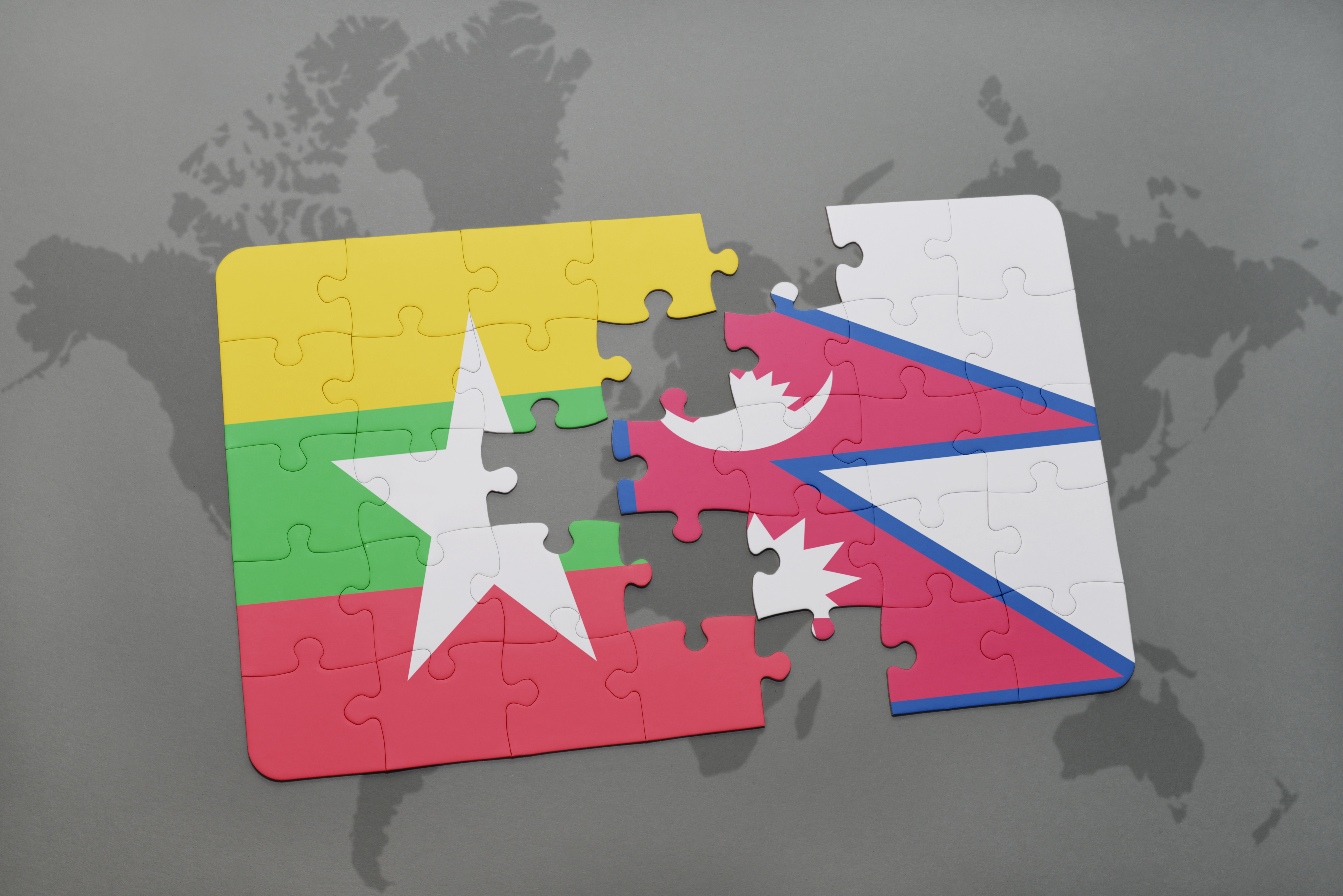Abstract
Due to the tenacious rivalry between the royalist-nationalist faction and its pro-liberal counterpart nationwide since 2006, the traditional elites and the military have sought to reinvigorate their political hegemony, especially through the recentralisation scheme under the tutelage democratic regime. However, it appears too hasty to conclude at this stage that hopes for decentralisation in Thailand are fading. A growing public appetite for popular democracy and local self-government which led to mass protests in 2020 seems to keep such hopes alive. Meanwhile, recent problems, notably the persistent air pollution in Chiang Mai and economic fallout exacerbated by the outbreak of Covid-19, further expose the problems pertaining to recentralisation. This article seeks to assess the adverse effects of the 2014 coups and tutelage democracy on Thailand’s decentralisation process as well as how political struggles for liberal democracy nonetheless help preserve hopes for this process.





